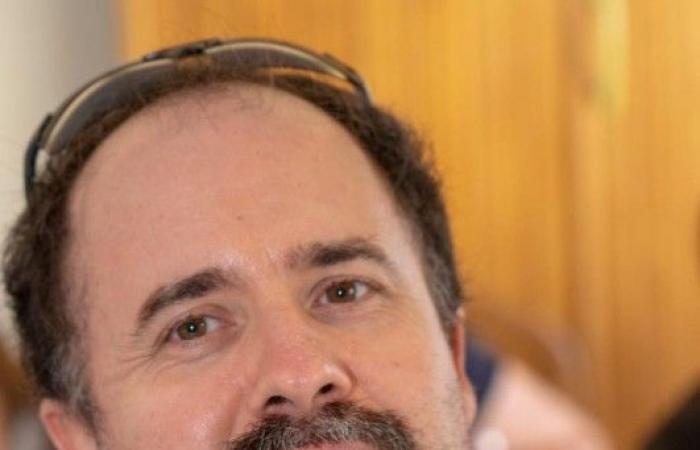opinion
By Ivo Pereira
Barreiro”> In recent weeks, I have heard a lot about politics in the context of consultation.
It is normal, over time, for outbursts to sometimes arise in which the person feels harmed, whether by deliberations from one party or another that impact them; whether because they feel in some way persecuted in their ideology or even because of a deep feeling of injustice.
But I had never come across the number of people who, in such a short space of time, brought political topics to the session.
And in conversation with my colleagues, the trend seems to be identical.
I have no intention here of making any accusations or pointing fingers at anyone. In fact, the proposal I leave today is quite contrary to this.
The reports I have heard come from any and every political color, as well as from backgrounds that range from the humble to the quite comfortable.
And some bring with them a feeling of shame, of those who fear persecution and immediate judgment. And they bring anxieties, feelings of self-deprecation, they feel like traitors to themselves at their core.
When we see someone who has always been right-wing saying that they felt obliged in their conscience to vote for a left-wing party, or even when we see someone from the LGBTQ+ community voting for an extreme right-wing party, we should not assume that the person is devoid of intelligence or critical judgment, not even “a traitor” or “she showed her true colors”… These phrases only antagonize, create distance and feed a feeling of revolt.
But those are easy phrases to say, right? To justify to ourselves that we are the ones who are right. And with this, we easily classify others as Enemies, they are against us and our way of life, which is the only correct one.
What is difficult is trying to understand and even more difficult is trying to offer adequate answers.
Perhaps we should ask questions. Ask “Why” and listen. Listen without judgment or prejudice and try to understand that those people are perhaps someone whose hurt forced them to vote for someone who seemed to give an answer that no one else wanted to give or even address, even though they consciously know that other of that party’s proposals also offer them a lot of annoyance.
One of the people I follow from the LGBTQ+ community (and I write these lines with their consent and review), confessed to having voted for an extreme right-wing party. Made him cry. He says he is fully aware that a party that does not want to recognize his rights as a trans person: “I feel an agony against myself for having done so. But the truth is that I know who I am and what I am and that will not change. If Are my rights going to change for the worse? Possibly yes. But I want to believe with the growth we’ve had, that whatever we lose will be recovered.”
The reasons why the person voted, in their conscience, I will not state here. But they are legitimate for this person. They are entirely legitimate for your life story, not as an LGBTQ+ person but as a person who has been and is going through a lot.
On the other side of the spectrum, a person who is a member of a right-wing party decided to vote for the left, as if in an act of revenge for feeling betrayed and disillusioned.
These people do not need ostracization or judgment. Yes, they need to be heard and understood.
If there are people who vote for parties whose ideology does not follow the same path as you? If there are those who vote without any conscience or for purely selfish reasons and devoid of information? There certainly will be.
But there are also those who vote without political loyalty, much less partisanship, because they feel that there is someone who offers them an answer when no one else does.
And that should be an opportunity for us to learn. Learning that there are answers that need to be given and learning to give them in an appropriate and dignifying way.
So, I launch this challenge. Instead of accusing others, pointing fingers, how about learning to question?
For your mental health.
Ivo Pereira
Clinical Psychologist
25.03.2024 – 11:33
 print out
print out
PUB.
Search for other news on Google
COPYRIGHTAll elements of this website are the property of Rostos and are protected by Portuguese law, under the Copyright Code and the Industrial Property Code, and it is not acceptable to invoke ignorance of this legal protection. Their use is only permitted for non-commercial and informative purposes or for personal use and they must not be copied, modified, reproduced, published or disseminated in any form without the authorization of their owner. Exceptions to this prohibition are free uses authorized by law, namely the right to quote, as long as the origin is clearly identified.
Copying, reproducing and redistributing this website to any server other than that chosen by its owner is expressly prohibited.
Tags: Difficulty Questioning Ivo Pereira Barreiro
--





